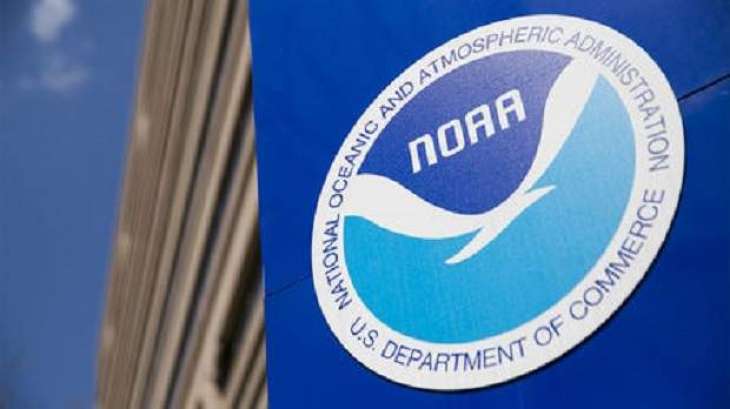Multiple indicators of global warming ranging from rising sea levels to carbon dioxide in the atmosphere set new records in 2020, according to the annual "State of the Climate" report by the US National Oceanic and Atmospheric Administration (NOAA) on Wednesday
WASHINGTON (Pakistan Point News / Sputnik - 25th August, 2021) Multiple indicators of global warming ranging from rising sea levels to carbon dioxide in the atmosphere set new records in 2020, according to the annual "State of the Climate" report by the US National Oceanic and Atmospheric Administration (NOAA) on Wednesday.
"Several markers such as sea level, ocean heat content, and permafrost once again broke records set just one year prior. Notably, carbon dioxide (CO2) levels in the atmosphere also reached record highs in 2020, even with an estimated 6%-7% reduction of CO2 emissions due to the economic slowdown from the global pandemic," a press release explaining the report said.
Among other indicators of climate change, average global surface temperatures were 0.54-0.62 Celsius above the 1981-2010 average, placing 2020 among the three warmest years since records began in the mid- to late-1800s, the release said.
Global sea levels rose to a new record high for the ninth consecutive year, to levels about 3.6 inches above the 1993 average. Upper-ocean heat also reached record highs, a development that can stronger hurricanes and increase melting rates of ice in glaciers around Greenland and Antarctica, the release said.
The Arctic also continued to warm, with average surface air temperatures for land areas the highest going back 121 years. On June 20, a temperature of 38C was observed at Verkhoyansk, Russia, provisionally the highest temperature ever measured within the Arctic Circle, the release added.
When the Arctic minimum sea ice extent was reached in September, it was the second smallest in 42-years of satellite measurements, behind 2012, according to the release.
The report was compiled by NOAA, with contributions from more than 530 scientists from over 60 countries, according to the release.




